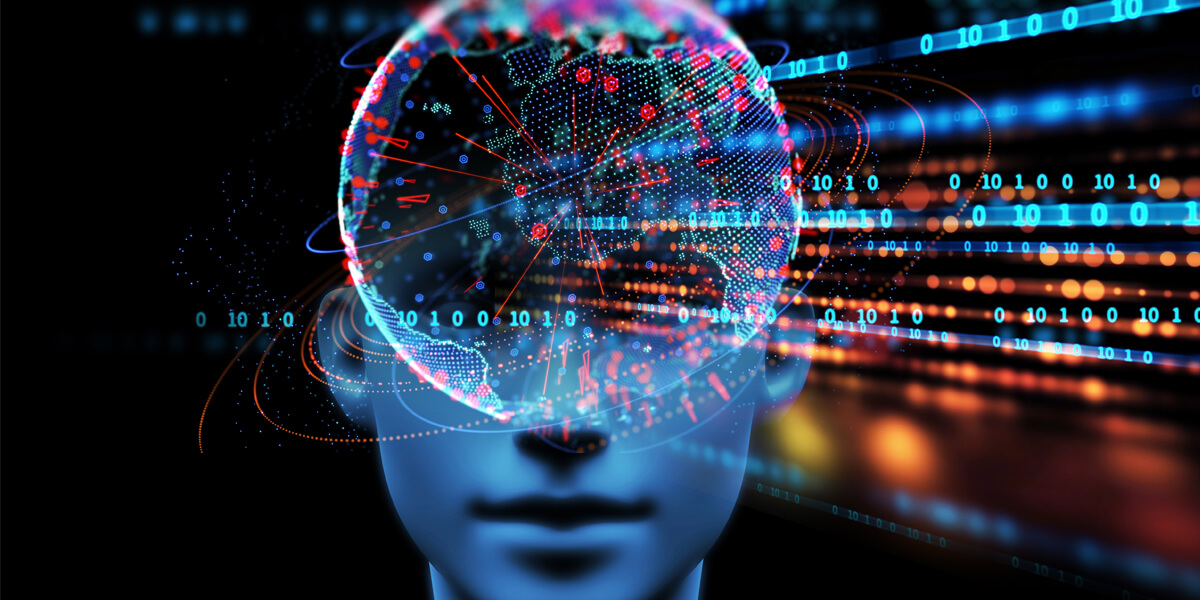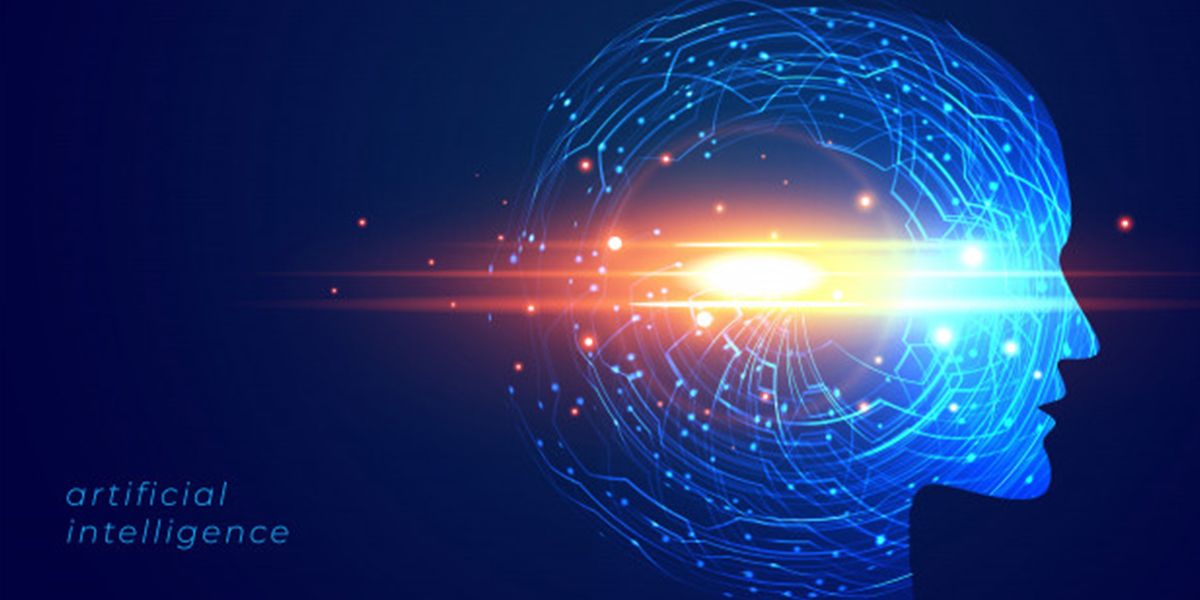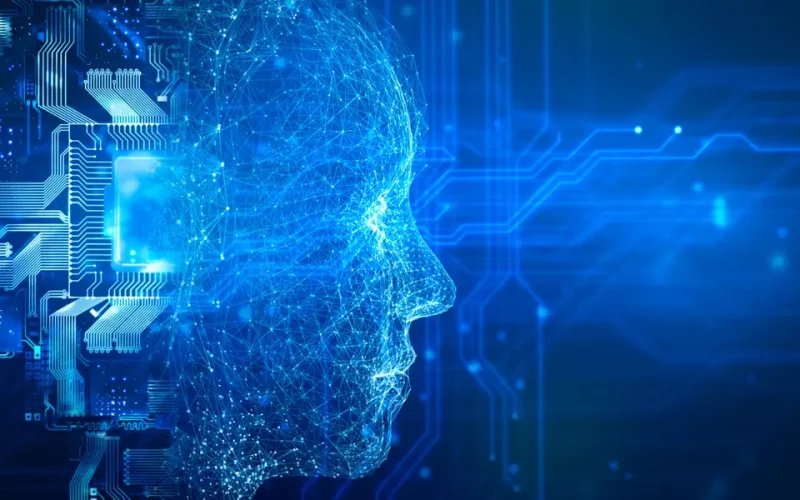Artificial intelligence (AI) has emerged as a transformative force in the modern world, reshaping industries, revolutionizing processes, and influencing the way we live and work. From virtual assistants to autonomous vehicles, AI technologies have the potential to drive innovation and unlock new opportunities across various sectors. In this article, we’ll delve into the impact of artificial intelligence on humans and examine its implications for society, economy, and beyond.

1. Transforming Industries
Artificial intelligence is transforming industries by automating tasks, optimizing processes, and driving efficiency. In sectors such as healthcare, finance, manufacturing, and transportation, AI-powered solutions are streamlining operations, reducing costs, and improving outcomes. From predictive analytics in healthcare to algorithmic trading in finance, AI technologies are revolutionizing the way businesses operate and deliver value to customers.
2. Enhancing Productivity
AI technologies are enhancing productivity by augmenting human capabilities and enabling more efficient decision-making. Through machine learning algorithms, natural language processing, and computer vision, AI systems can analyze vast amounts of data, identify patterns, and generate insights at unprecedented speeds. This enables organizations to make data-driven decisions, improve performance, and stay ahead of the competition.
3. Shaping the Future of Work
The rise of artificial intelligence is reshaping the future of work, creating new opportunities and challenges for workers and employers alike. While AI has the potential to automate routine tasks and increase productivity, it also raises concerns about job displacement and skills obsolescence. As AI technologies continue to evolve, workers will need to adapt by acquiring new skills, embracing lifelong learning, and collaborating with intelligent machines.
4. Ethical Considerations
The proliferation of artificial intelligence raises important ethical considerations regarding privacy, bias, accountability, and transparency. AI algorithms are only as good as the data they are trained on, and biases in data can lead to biased outcomes. Additionally, AI-powered systems may encroach on privacy rights and raise concerns about surveillance and data security. Addressing these ethical challenges requires thoughtful regulation, responsible AI development, and ongoing dialogue among stakeholders.
5. Impact on Healthcare
Artificial intelligence is revolutionizing healthcare by enabling personalized medicine, predictive analytics, and precision diagnostics. AI-powered algorithms can analyze medical images, detect anomalies, and assist healthcare professionals in making accurate diagnoses. Moreover, AI-driven predictive models can identify individuals at risk of developing certain diseases, enabling early intervention and preventive care.
6. Advancing Education
Artificial intelligence has the potential to revolutionize education by personalizing learning experiences, automating administrative tasks, and expanding access to educational resources. AI-powered tutoring systems can adapt to individual learning styles and pace, providing tailored instruction and feedback to students. Additionally, AI technologies can analyze student performance data, identify areas for improvement, and inform instructional design and curriculum development.


7. FAQs
Q: What are some examples of artificial intelligence in everyday life? A: Examples of artificial intelligence in everyday life include virtual assistants like Siri and Alexa, recommendation algorithms used by streaming services like Netflix, and predictive text features on smartphones.
Q: How is artificial intelligence impacting job markets? A: While intelligence has the potential to automate certain tasks and roles, it also creates new job opportunities in fields such as data science, machine learning, and AI development. However, workers may need to acquire new skills and adapt to changing job requirements to remain competitive in the workforce.
Q: What measures are being taken to address ethical concerns surrounding artificial intelligence? A: Efforts to address ethical concerns surrounding artificial intelligence include the development of AI ethics guidelines, the establishment of regulatory frameworks, and the promotion of transparency and accountability in AI development and deployment.
Conclusion
Artificial intelligence is a powerful and transformative technology that has the potential to reshape virtually every aspect of human society. From transforming industries and enhancing productivity to raising ethical considerations and shaping the future of work, AI’s impact on humans is profound and far-reaching. As we navigate the opportunities and challenges presented by artificial intelligence, it is essential to prioritize ethical considerations, foster responsible AI development, and ensure that AI technologies benefit society as a whole. With thoughtful regulation, collaboration, and innovation, we can harness the full potential of artificial intelligence to create a more inclusive, sustainable, and prosperous future for all.












